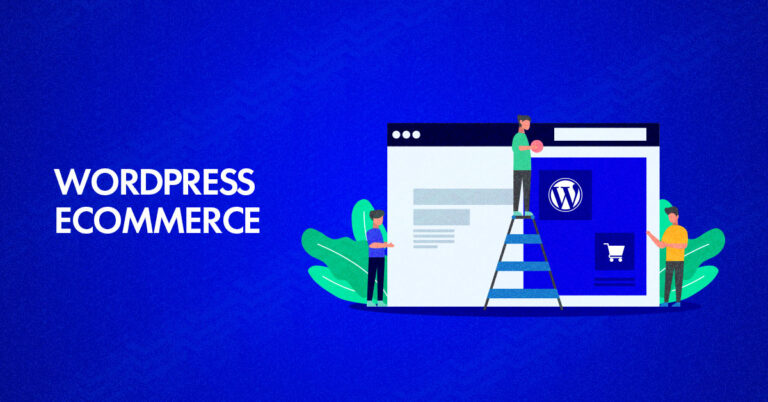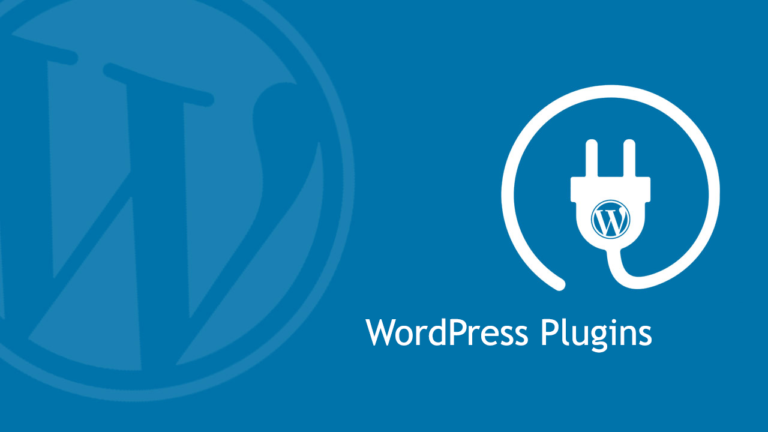Key Considerations for Business Owners When Building a WordPress Business Website
In today’s digital age, having a strong online presence is crucial for the success of any business. A well-designed and user-friendly website can be a powerful tool to attract customers, showcase products or services, and drive sales. When it comes to building a business website, WordPress has emerged as a popular and versatile platform, providing business owners with a plethora of options and functionalities. However, to maximize the potential of their online presence, business owners must carefully consider certain key factors during the development process. In this blog, we’ll explore the essential considerations that business owners should keep in mind when building a WordPress business website.
Define the Purpose and Goals:
Before diving into the development phase, it’s essential for business owners to have a clear understanding of the website’s purpose and goals. Is the website meant to be an e-commerce platform, a lead generation tool, or an informational hub? Defining the objectives will shape the website’s structure, design, and functionality.
Choose the Right Theme:
WordPress offers a vast array of themes, both free and premium, that cater to different business niches. Business owners must select a theme that aligns with their brand, conveys the desired message, and provides a seamless user experience. It’s essential to opt for a responsive theme that adapts to various devices, ensuring a consistent and user-friendly experience for visitors across desktops, tablets, and smartphones.
Optimize for Search Engines (SEO):
Search engine optimization (SEO) plays a pivotal role in driving organic traffic to a website. Business owners should consider SEO best practices from the very beginning of the development process. This includes creating relevant and high-quality content, incorporating appropriate keywords, optimizing meta tags, and ensuring a website structure that search engines can easily crawl.
Mobile-Friendly Design:
In an increasingly mobile-centric world, having a mobile-friendly website is no longer an option but a necessity. A significant portion of web traffic comes from mobile devices, and a non-responsive website can lead to a poor user experience and lower search engine rankings. Business owners must ensure that their WordPress website is fully optimized for mobile devices.
Security and Data Protection:
Security is a top priority for any business operating online. WordPress itself is a secure platform, but additional measures must be taken to safeguard the website from potential threats. Regular updates, strong passwords, SSL certificates, and security plugins are essential components of a robust security strategy. Moreover, if the website collects user data, compliance with data protection laws like GDPR is paramount.
Integrate Clear Call-to-Action (CTA):
The primary purpose of a business website is to encourage visitors to take specific actions, such as making a purchase, signing up for a newsletter, or requesting a quote. Clear and strategically placed calls-to-action (CTAs) guide visitors and encourage conversions. Business owners should strategically integrate CTAs throughout the website to guide users seamlessly toward their desired actions.
Performance and Loading Speed:
In today’s fast-paced world, users expect websites to load quickly. A slow-loading website can lead to high bounce rates and lost business opportunities. Optimizing website performance through caching, image compression, and efficient coding practices is crucial for providing a seamless user experience.
Content Management System (CMS) and Ease of Updates:
WordPress is renowned for its user-friendly CMS, allowing business owners to manage and update their website content effortlessly. Ensuring that the chosen theme and plugins are easy to work with and provide the desired functionality will save time and resources in the long run.
Integration with Social Media:
Social media has become an integral part of modern marketing strategies. Business owners should ensure that their WordPress website is well-integrated with their social media profiles. This enables seamless sharing of content, expands brand reach, and fosters customer engagement.
Analytical Tools and Monitoring:
To track the success of the website and make data-driven decisions, integrating analytical tools like Google Analytics is essential. Monitoring website traffic, user behavior, and conversion rates can provide valuable insights for continuous improvement.
Building a WordPress business website requires careful consideration and planning. By defining clear objectives, choosing the right theme, optimizing for search engines, prioritizing security, and offering a seamless user experience, business owners can create a robust online presence that enhances their brand image and drives business growth. Remember that a website is an ongoing project, and regular updates and improvements are necessary to stay relevant and competitive in the dynamic digital landscape.






